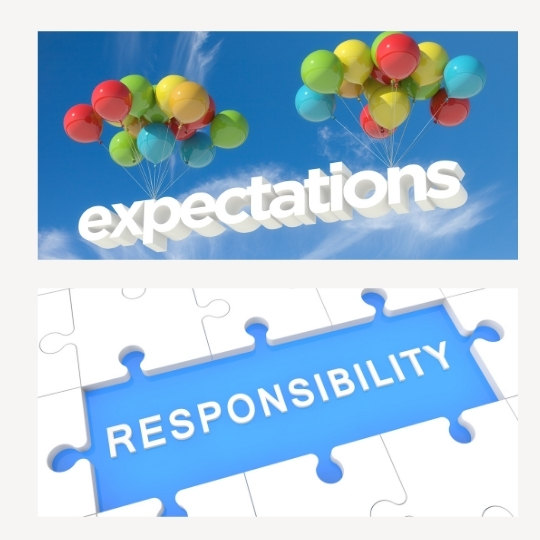Taking Parental Responsibility to Avoid Huge Problems
by Kathy Slattengren, M. Ed., Priceless Parenting (sign up for monthly parenting newsletter and receive 20+ printable charts for kids and parents)
(listen to article read by the author)

Have you ever been in a home where the kids are calling the shots instead of the parents? A home like this feels chaotic and out of control. When kids are in the driver’s seat instead of the parents, there is an emphasis on short-term pleasure without much consideration for long-term consequences.
These parents have not intentionally set out to turn over their leadership role to their kids. It has happened gradually. Parents might be exhausted or overwhelmed. When their kids’ pitch fits, the parents give in to get a little peace. Kids quickly learn what works to get what they want.
Experiencing Real Problems
You have expectations for how your kids will behave. Some kids are more difficult to parent due to how often they fail to meet expectations. Sometimes parents drop their expectations or give in to their kids’ demands.
At other times parents fail to take steps to prevent a possible serious problem. These parenting approaches have led to real problems like these:
The 4-year-old refuses to eat anything other than goldfish crackers and cheese. In their concern to get their child to eat at least something, they continue to give this child goldfish crackers and cheese. While this stopped their child from complaining, they now feel horrible about their child’s poor diet.
The 8-year-old takes out his dad’s gun despite warnings not to touch the gun. Tragically he shoots and kills his dad.
The 12-year-old insists on being online gaming until all hours of the morning. When the parents try to set a limit, the child explodes and the parents back off. This child regularly sleeps until the afternoon and has not done any school work for the past four months.
The 16-year-old is in her first serious relationship. She is now pregnant and wants to keep the baby.
Considering these situations can help you think through your own parenting approach. How can you use your parental responsibility to hopefully avoid these problems?
Being Your Family’s Leader
Parents are the leaders of their families. As the parent, you have a huge impact on how your family operates.
You can be a
loving authority figure instead of a despised boss. You can lead with compassion, humor, fun and respect.
Your kids need you to guide them. If they are teens, they may not think they need your guidance any longer but they do! Their brains are not done fully developing until their mid-20’s. While they may think they know more than you do about everything, they do not!
You have many parental responsibilities including protecting your kids’ safety and well-being. You can use your authority to set rules to protect your kids.
Taking Appropriate Responsibility
There is a difference between parental expectations and parental responsibilities. When you set expectations, you tell your kids what you want them to do. Some kids will comply and others won’t. If non-compliance leads to safety or health risks, it’s better to take responsibility to try to prevent it.
Taking responsibility means exercising your authority to set limits. Here are some examples:
Setting an Expectation: Saying “No screens between 9:00 PM and 6:00 AM.”
Taking Parental Responsibility: Turning off your home internet between 9:00 PM and 6:00 AM.
Setting an Expectation: Telling the kids not to touch the guns.
Taking Parental Responsibility: Locking up your guns so kids cannot access them.
Setting an Expectation: Saying “You should wear your seatbelt”.
Taking Parental Responsibility: Saying “I will drive just as soon as everyone has their seatbelts on”.
Setting an Expectation: Saying “You should eat more healthy food.”
Taking Parental Responsibility: Buying healthy food instead of junk food.
Setting an Expectation: Warning kids not to touch medication that is not yours.
Taking Parental Responsibility: Locking up prescription medication.
Setting an Expectation: Telling young kids not to touch fragile items in your home.
Taking Parental Responsibility: Moving fragile items out of your kids’ reach.
Setting an Expectation: Telling teens to wait until they are adults before having sex.
Taking Parental Responsibility: Talking to your kids about their developing bodies, sex, love and relationships. Providing birth control if teens might be sexually active.
What areas might you want to take more parental responsibility? How will you take responsibility?
Ideally you want to take responsibility in a way that invites
cooperation from your kids, not power struggles.
When you take responsibility, you help your children succeed. Your actions enforce your limits. You use your power to cultivate wellness in your family. Take responsibility to help your kids succeed!